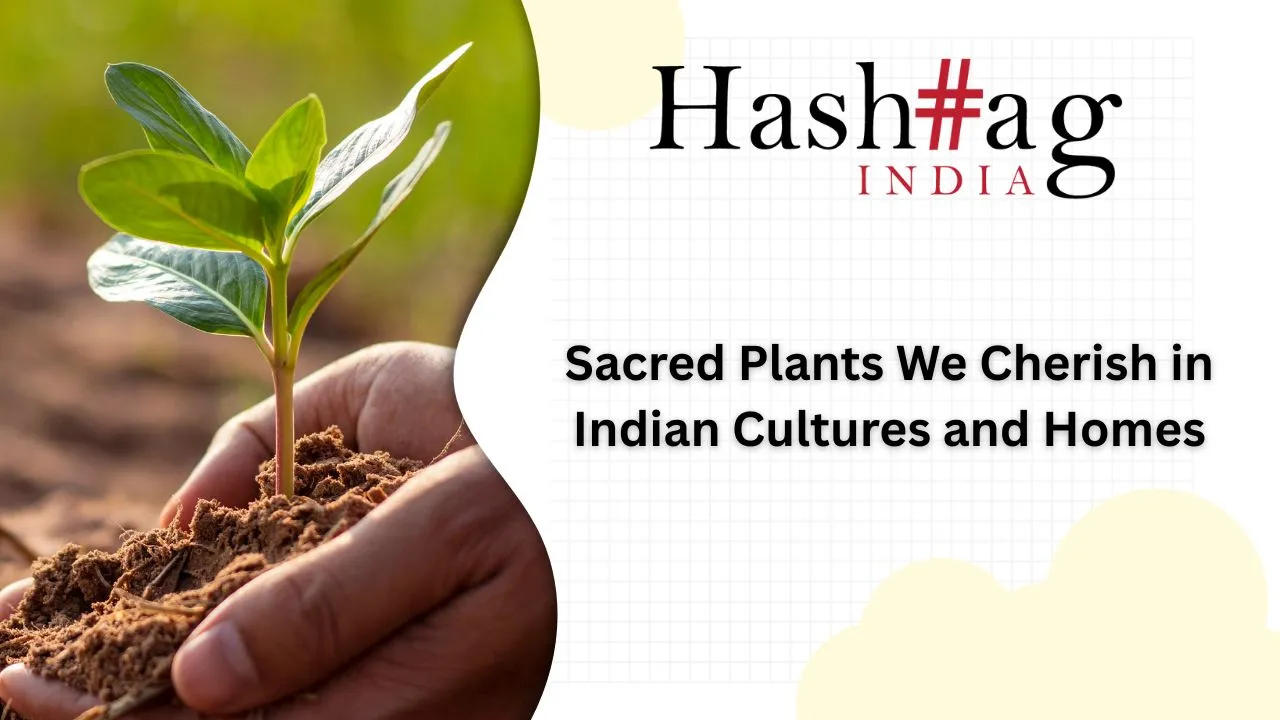Shubha Lal graduated from Lady Shri Ram College with a bachelor’s degree in economics and an MBA from IIM Calcutta. She worked in India and Europe as a strategy consultant for McKinsey & Company and Nomura, and she is a true globe traveller. After eleven years working in a corporate environment, she returned to India in October 2015 to pursue her dream of launching her own business. Bidisha Barik talks to Shubha Lal about how the award-winning concept of student housing turned into a profitable business.
With distinct ideas on what would make the greatest and most trustworthy hostel for young people who study away from home, she went on the entrepreneurial path with her friend Nidhi, co-founder of Your-Space, with the true intent to fulfil every need of the student. Conscious of local and cultural needs, Your-Space is India’s top student housing brand, providing an award-winning student experience. Shubha realised that the issue of housing is still the same as it was when she was in college. The two founders started their adventure in 2016 with one hostel, pouring all of their corporate savings into pursuing a goal of starting as an entrepreneur, which worked out well after questioning and conducting market research both domestically and globally.
The idea of bringing home away from home through this endeavour promotes a secure and entertaining environment for all hostel guests while also fostering deep bonds. During the pandemic, they restructured their operations and upgraded their facilities, allowing them to expand their company. They’ve grown to 6000 beds from 200 beds since then, which is a huge success. The presence of a fresh concept has to do with how lucrative a product is, and Shubha feels Your-Space has exceeded every customer’s expectations. Shubha explains, “We never sought to develop a cash-burning business.”
Shubha believes that in order to achieve success, one must go on an entrepreneurial path while possessing a strong belief in one’s product or service. Initially, Shubha and Nidhi had difficulties and were questioned about their abilities to complete the task. “I guess we had a lot of people asking if they could talk to our boss at first until they discovered we were the boss!” says Shubha.
Shubha and Nidhi are pleased with the fact that their business doubles every year, and they now have a presence in nine locations across India. They just collected roughly $10 million from investors, and they have investors who have been with them from the initial round of Angel Funding in 2017. Shubha has a specific goal in mind for her company’s future growth:
“Our immediate ambition is to achieve 24,000 beds for the coming academic session, which is a 4x increase from where we are now, and grab the majority of the market while trying to be the most loved student housing,” she says.
Quick take:
The best thing about partnerships in business?
The fact that you’ve got a partner who’s got the same vision and ethos!
Advice to budding female entrepreneurs?
Things that you believe in very strongly, you have to fight for it.

































